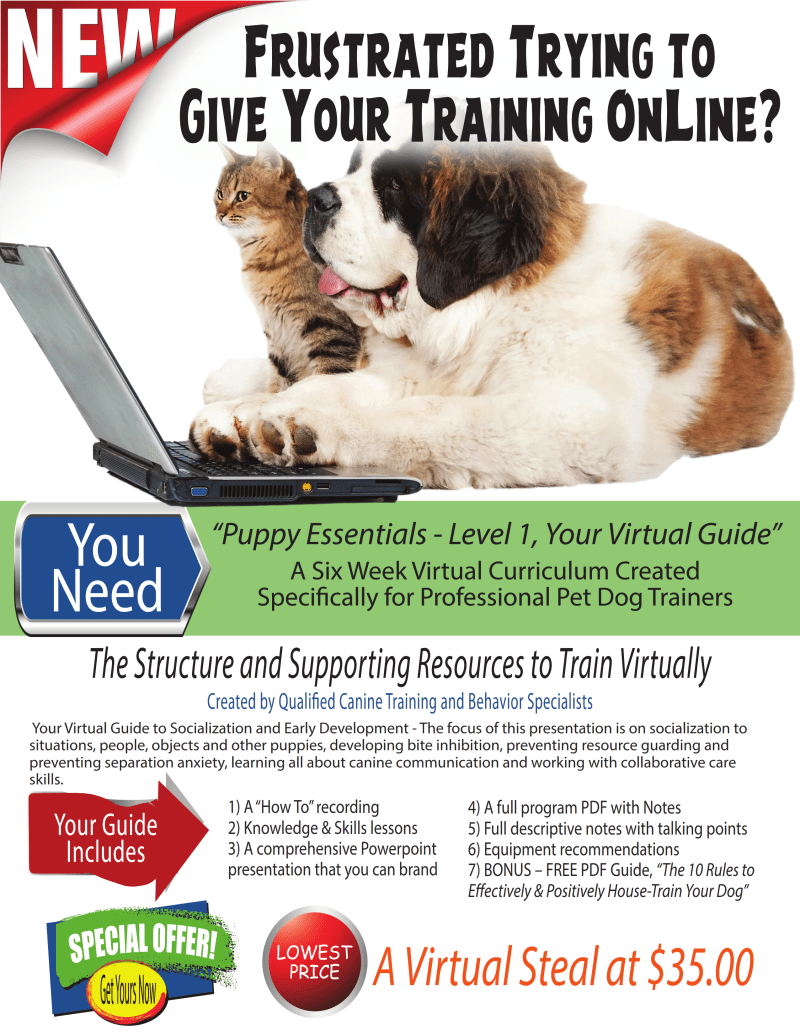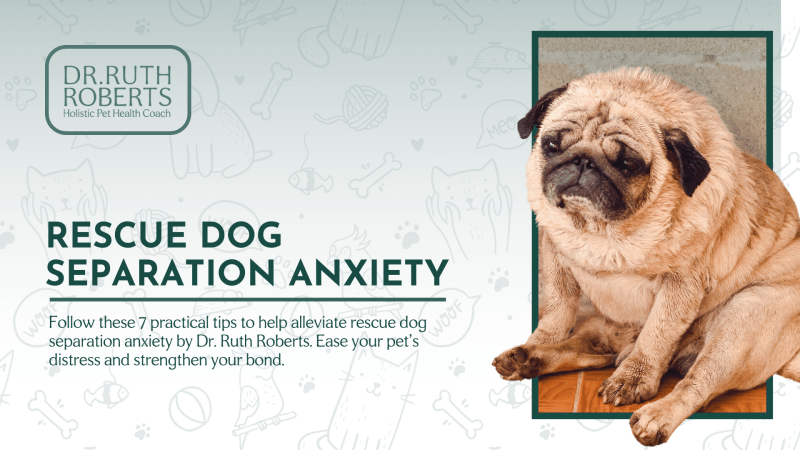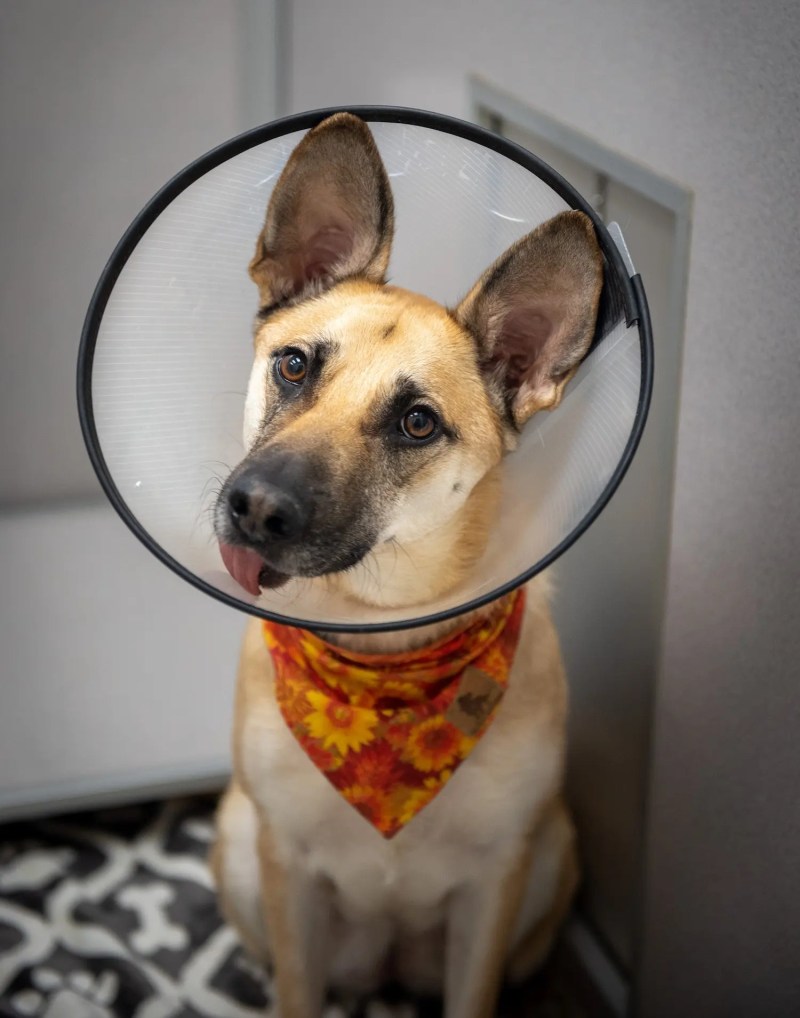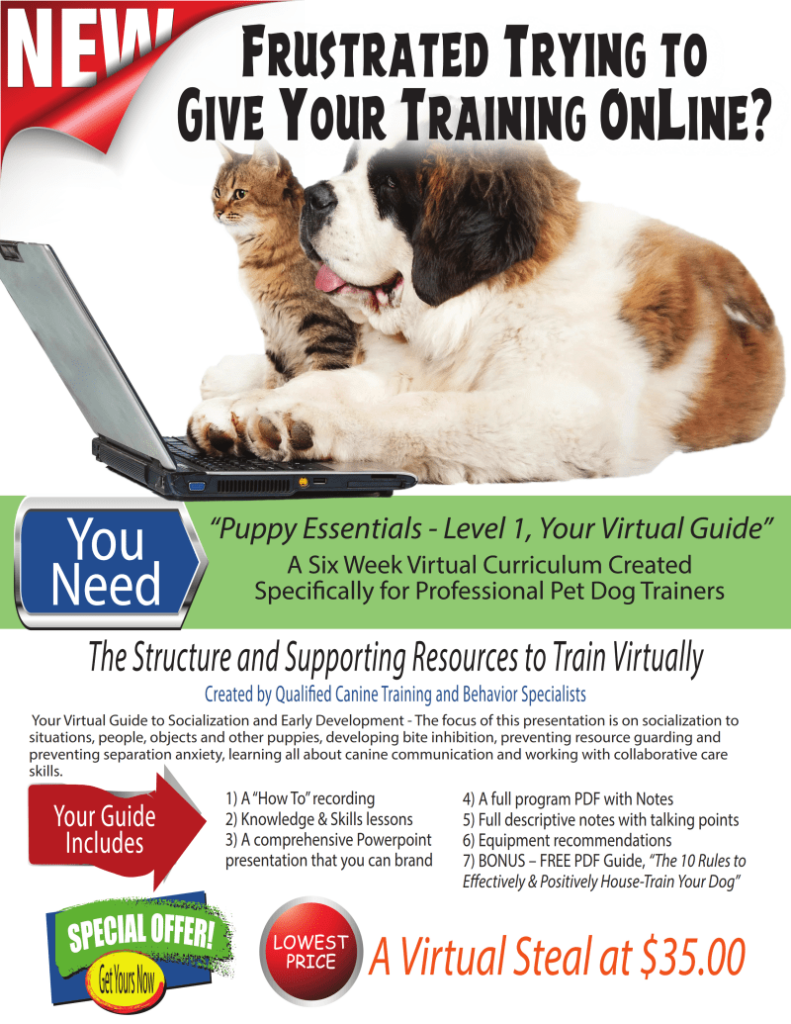Dog Behavioral Care Advice – Your dog’s sudden changes in behavior, whether it’s a newfound phobia of something they used to like (like playing with other dogs or going to the dog park), or the emergence of an odd new habit (like excessive barking from the window or compulsively monitoring their toys), might be concerning. Even while canine habits change naturally over time, pet parents may not anticipate these changes.
A dog’s personality is influenced by both mental and physical aspects, much like that of a human. Working together with behavior specialists and veterinarians can help you understand how your dog’s behavior and personality are changing. We’ll examine the underlying causes of these shifts and provide recommendations on how to remedy them with assistance from experts from the Animal Humane Society.
Table of Contents
ToggleTop Reasons for Behavioral Changes in Dogs
Below are some of the top reasons pet parents experience sudden behavioral shifts in their dogs and what you can do to help.
1. Age-Related Changes
The adage “one dog year equals seven human years” has undoubtedly been heard by you. Dogs experience substantial mental and physical changes in their early years, which is roughly the human equivalent of around 20 years in just a few dog years, however this isn’t quite correct. If you were to develop from a baby to a college graduate in two years, you could understandably expect a dog’s behavior and demeanor to change with time.
Many parents of puppies detect behavioral changes in their charges between the ages of one and three. Perhaps your dog starts to pick fewer canines to play with at the park or gets bored with fast-paced activities like tug-of-war. It’s important to keep in mind that your dog is growing up quickly, even if they may still appear young to you.

Even well-socialized and trained dogs may undergo behavioral changes as they become older, claims behaviorist Lauren Sorenson. Your dog’s DNA is largely responsible for its uniqueness; this is something you cannot change. It’s crucial to exercise patience and flexibility as your dog’s personality changes. Don’t make your dog perform tasks they no longer find enjoyable. Rather, concentrate on developing new routines and behaviors that make them happy.
2. Pain or Discomfort
If your dog begins to exhibit unusual or unwanted habits, there may be a medical explanation. The first thing to do when you observe changes in behavior is to make an appointment with the veterinarian. Usually, blood work and other evaluations are done by a veterinarian before any behaviorists work with your dog. Your veterinarian will also ask a number of questions to help determine whether your dog is in pain or uncomfortable.
A veterinarian at the Animal Humane Society named Dr. Angelica Dimmock explains that one of the most frequent physiological reasons why dogs behave differently is pain. For instance, a dog with arthritis may be more listless than normal or become agitated when attempting to walk. In order to ease their agony, a dog with dental problems may cease eating or take up the bad habit of chewing on inappropriate items.
Assessing your dog at home is a terrific approach to aid your veterinarian in diagnosing discomfort in him. Take note of any behavioral changes and observe how they move and where they appear comfortable or uncomfortable. Frequent health checks and practice at-home exams will also help your dog become less reactive to physical contact, which can lessen the anxiety associated with subsequent vet appointments.
3. Environmental Stress
Dogs thrive on consistency and habit, but big life changes can be stressful and anxious, which can cause changes in behavior. Whether it’s relocating to a new residence, adopting a pet, or entertaining strangers over the holidays, your dog may show behavioral issues as a result of stress.

Certain situations, like as moving to a new home, make it simple to identify the reason of your dog’s worry, but other times, it could be more difficult. Positive reinforcement is still the most effective training principle, regardless of the reason.
Lauren Sorenson highlights the need of incentivizing positive conduct rather than penalizing negative behavior. For example, don’t chastise your dog if they bark at random people passing by your new house. Punishment has the potential to worsen anxiety-related conditions. Rather, have a window seat with your dog and give them goodies, compliments, or a peck every time someone walks by. Your dog will eventually start to connect the presence of strangers with good things.
Supporting Your Dog Through Behavioral Changes
Every dog changes over time, just like humans do. From their playful puppy days to their calm senior years, your dog is a constant companion and source of love. Accepting and adapting to these changes is key to maintaining a strong, healthy relationship with your pet.
The tips above are not a replacement for professional advice. If you’re concerned about your dog’s behavior or health, always consult your veterinarian or a certified dog trainer for the best course of action.
Monitoring Your Dog’s Behavior and When to Seek Help
To ensure that your dog is thriving, it’s important to pay close attention to any significant behavioral shifts. While minor changes in behavior are normal as your dog ages, more sudden or extreme changes can signal underlying issues that may require professional intervention. Regular vet check-ups and training sessions can help catch any concerns early and provide your dog with the support they need.

In addition to consulting with your vet, here are some strategies to help address specific behavioral issues that dog owners commonly face:
Separation Anxiety
If your dog becomes anxious when left alone, they may suffer from separation anxiety. Symptoms include excessive barking, destructive behavior, and attempts to escape when you’re away. To address separation anxiety, gradually increase the time your dog spends alone, and provide comforting items like a favorite toy or blanket. Some dogs may benefit from calming supplements or medications prescribed by a vet.
Aggression
Aggression toward people or other animals is a serious behavioral problem. If your dog displays aggressive behavior, consult a professional trainer or animal behaviorist. Avoid situations that trigger the aggression and work on desensitizing your dog through positive reinforcement training.
Excessive Barking
Dogs bark to communicate, but excessive barking can become problematic. Determine the cause of the barking—whether it’s boredom, fear, or territorial behavior—and address it accordingly. Providing mental and physical stimulation, such as puzzle toys and daily walks, can help reduce excessive barking.
Destructive Chewing
Chewing is a natural behavior for dogs, but it can become destructive if not managed properly. Provide your dog with appropriate chew toys and keep valuable items out of reach. Regular exercise and mental stimulation can also prevent boredom-induced chewing.
Conclusion
Understanding and managing your dog’s behavioral changes is an essential part of responsible pet ownership. By staying patient, proactive, and informed, you can ensure your dog remains a happy, healthy, and well-adjusted member of the family.
- Wildlife Conservation Initiatives: A Critical Overview - September 4, 2024
- 3 Program Endangered Species Protection - September 4, 2024
- Threatened Wildlife Species in 2024 - September 4, 2024









